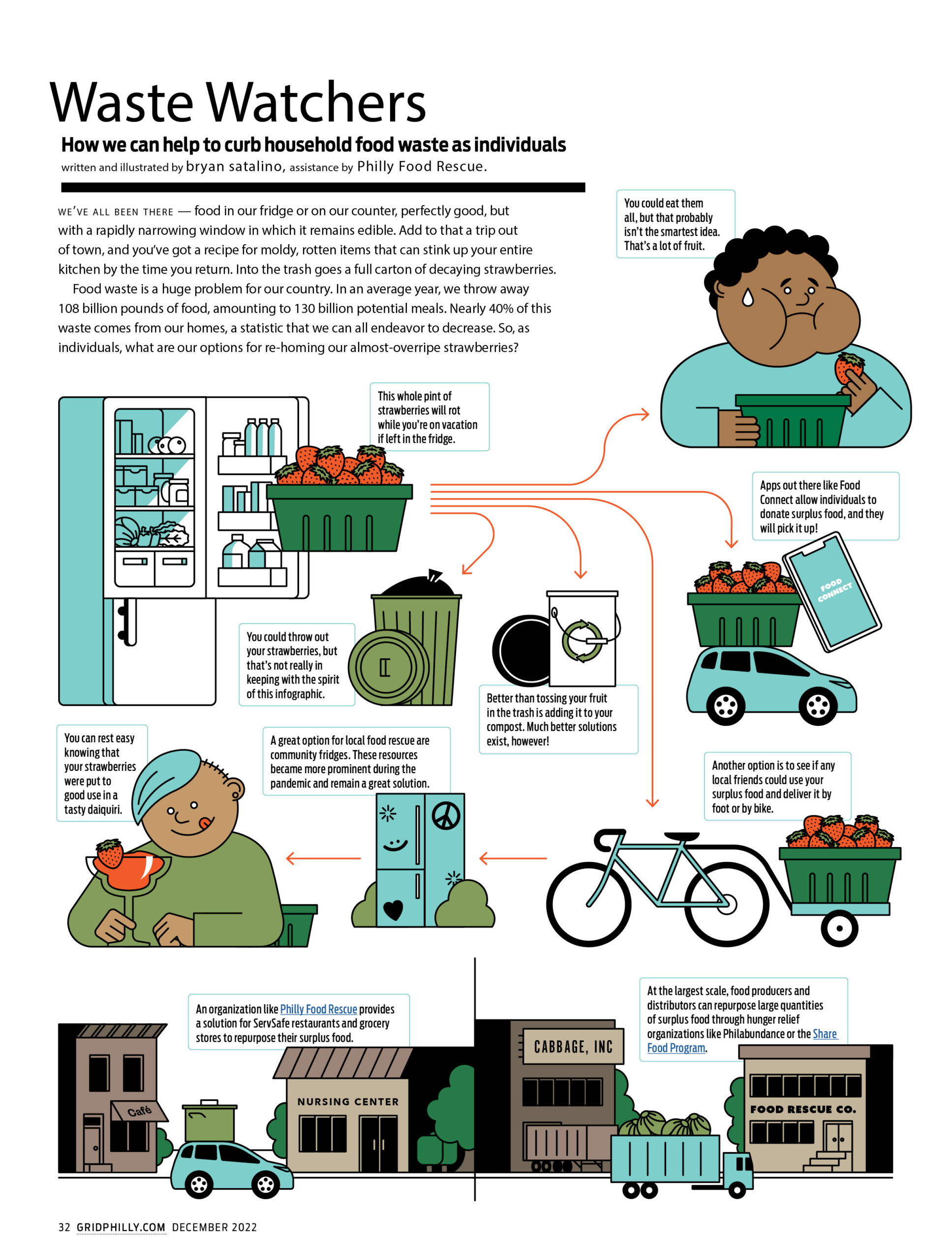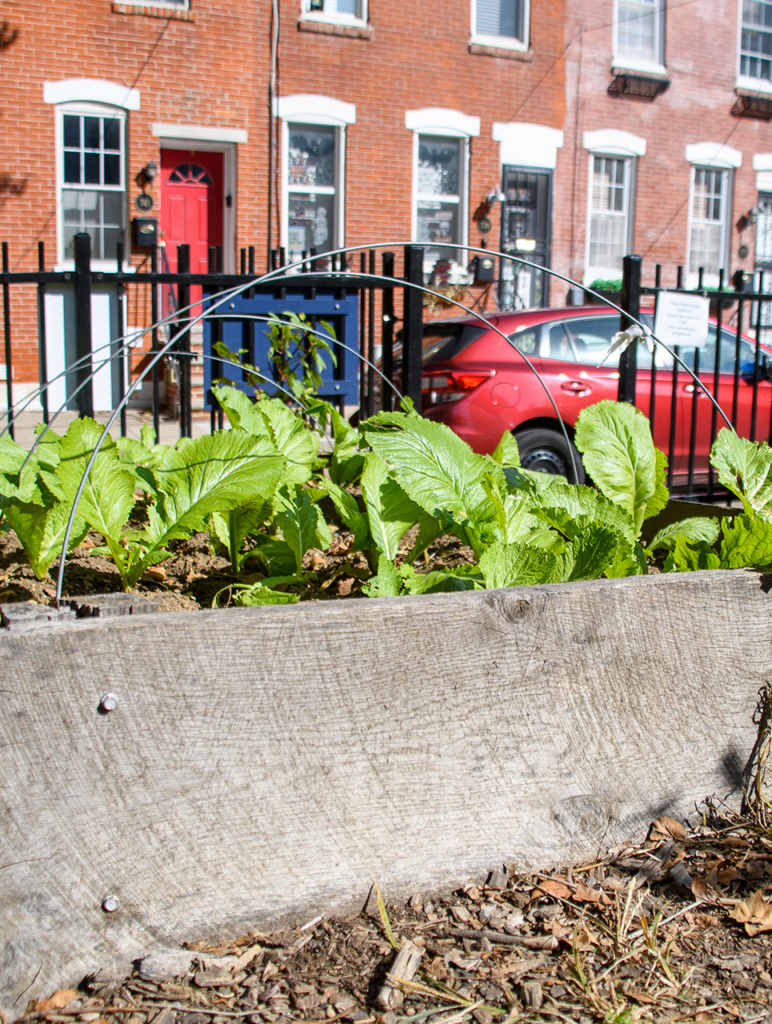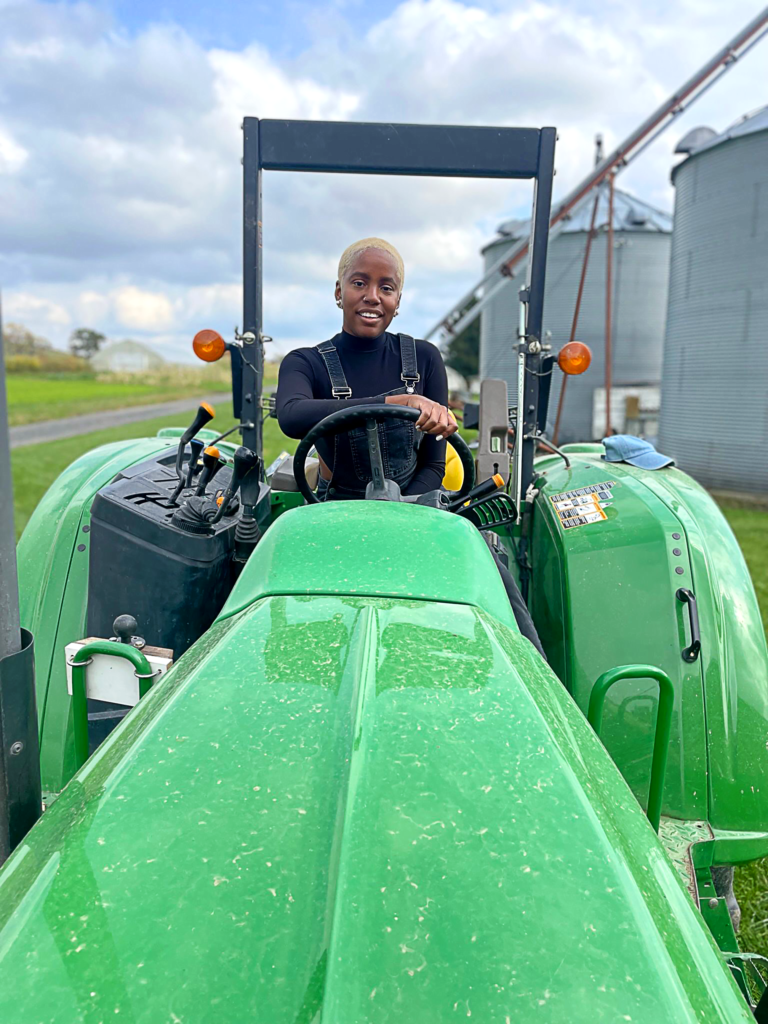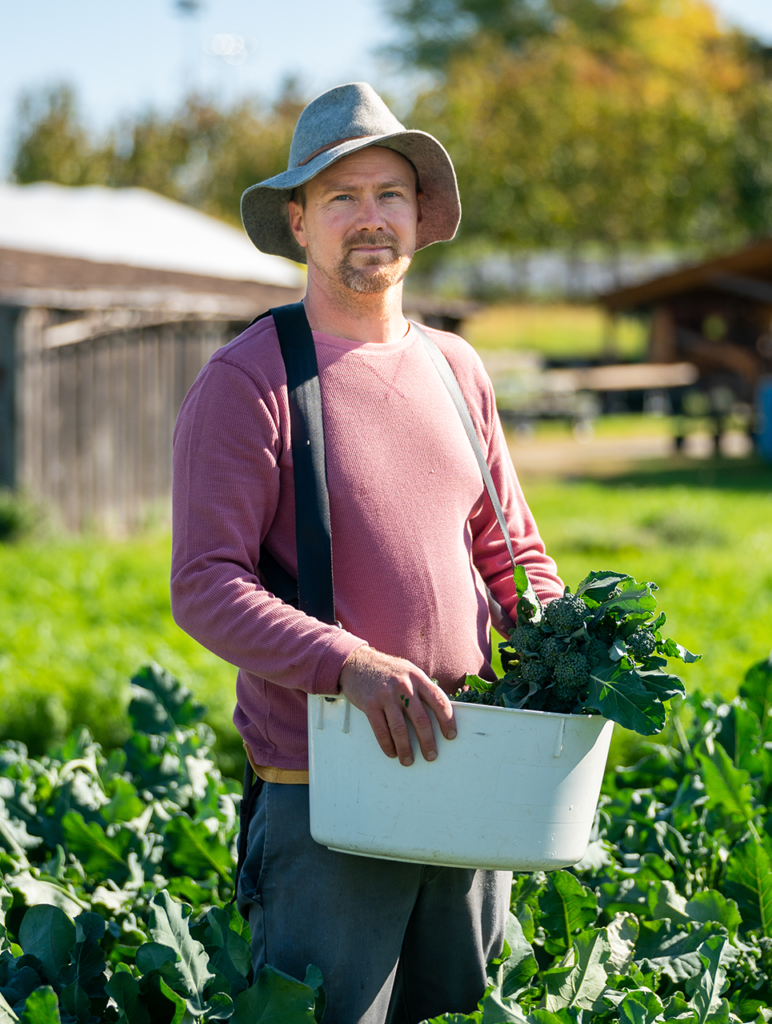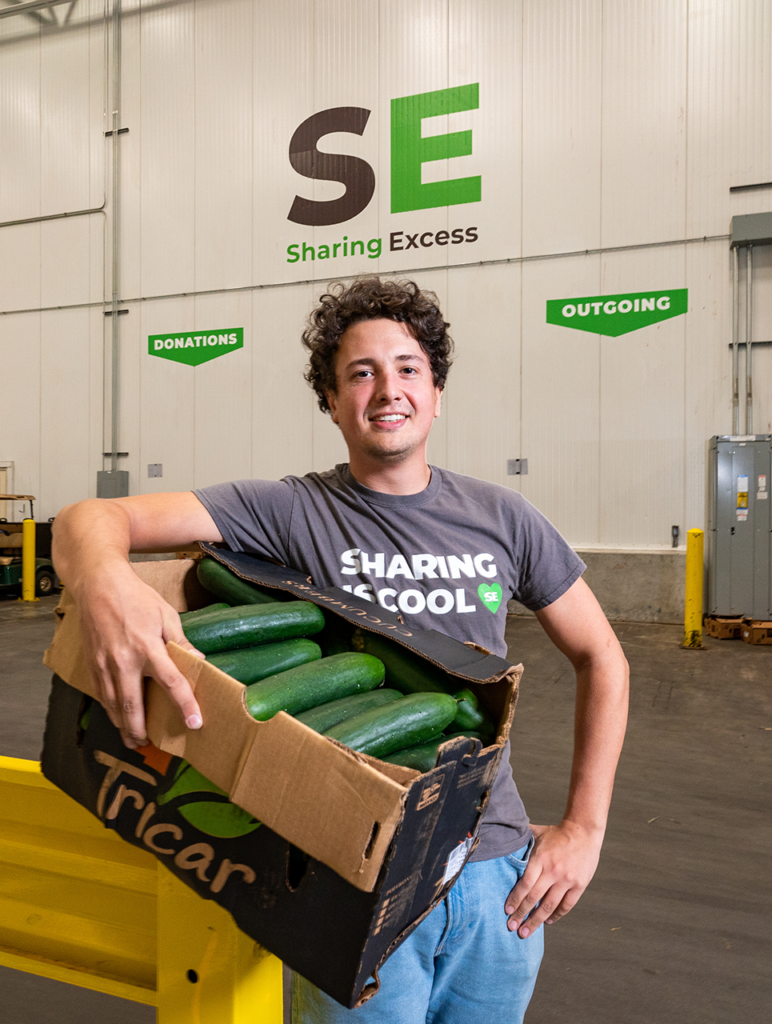Sustainable Business Network of Greater Philadelphia executive director Devi Ramkissoon witnessed the importance of local food systems firsthand in her former job with USAID in Bangladesh. While many Bangladeshi farmers are women, they are not usually the land or business owners, which had significant social, economic and environmental impacts that Ramkissoon worked to address.
“Without acknowledging the role that food plays in our social structures and in our local economies,” Ramkissoon explains, “we’re really not able to achieve equitable economic growth across the board.”
With the launch of SBN’s local food systems initiative, the organization is putting the focus on this critical issue right here in the Philadelphia area.
“We strongly believe that unless we’re able to address critical challenges in our local food community, we’re really not going to be able to achieve our mission of building a just, green and thriving economy,” Ramkissoon says about why this is a priority for SBN.
The initiative is broken up into three parts. The first is a comprehensive resource and network mapping of the Philadelphia region’s local food system in order to strengthen the local supply chain. This involves understanding who all of the players are, what their needs are, and then how SBN can act as a consolidator to help play matchmaker for all of them.
“By strengthening the local supply chain, we’re able to widen those financial margins a little bit for businesses in this sector and also improve environmental outcomes,” Ramkissoon says.
Secondly, SBN will help partners reduce waste at all points of the supply chain. For Ramkissoon, this involves partnerships within Philadelphia City government and governments in surrounding counties to help businesses reduce waste and strengthen the region’s composting sector. SBN is also looking to help businesses address their packaging waste as well by exploring partnerships with local sustainable packaging companies.
Perrystead Dairy and LUHV Food are two immigrant-owned businesses and SBN members in the food sector whom Ramkissoon cites as examples of operations that have invested in sustainable supply chains and focus on waste reduction. Ramkissoon admires LUHV owner Sylvia Lucci’s commitment to making plant-based options affordable while being diligent about waste management. She similarly commends Perrystead’s commitment to localizing their supply chain by working with a nearby large-scale dairy.
“Sustainability isn’t complicated, but it takes a village of people who are committed to changing the trajectory of their work to challenge this convention,” says Perrystead Dairy owner Yoav Perry.
The final component of the initiative is to support members committed to sustainable and regenerative agricultural practices, such as Kitchen Garden Textiles. Owner Heidi Barr not only grows the fibers that go into the textile products she makes, but also makes sure that her clientele know this story, thus deepening the connection in their daily personal lives to what happens on the farm.
For Ramkissoon, a marker of the initiative’s success will be if they can achieve scale. Ramkissoon believes that they can reach a point where the initiative’s example provides a model that other businesses, within SBN membership and beyond, can adopt to create change for the whole local ecosystem.
To make this vision a reality, SBN welcomes more members to join them — especially food-related businesses — to get involved with this initiative. But Ramkissoon is a big believer in multiplying impact through partnerships as well. She is looking for partners that can help SBN fulfill the initiative’s mission and speak with a collective voice to lawmakers on the local, state and national level to advocate for a more sustainable and just food system.
“Our members are walking the walk, and we amplify their impact so our work in the food and agricultural sector can help spark larger systemic changes.”




